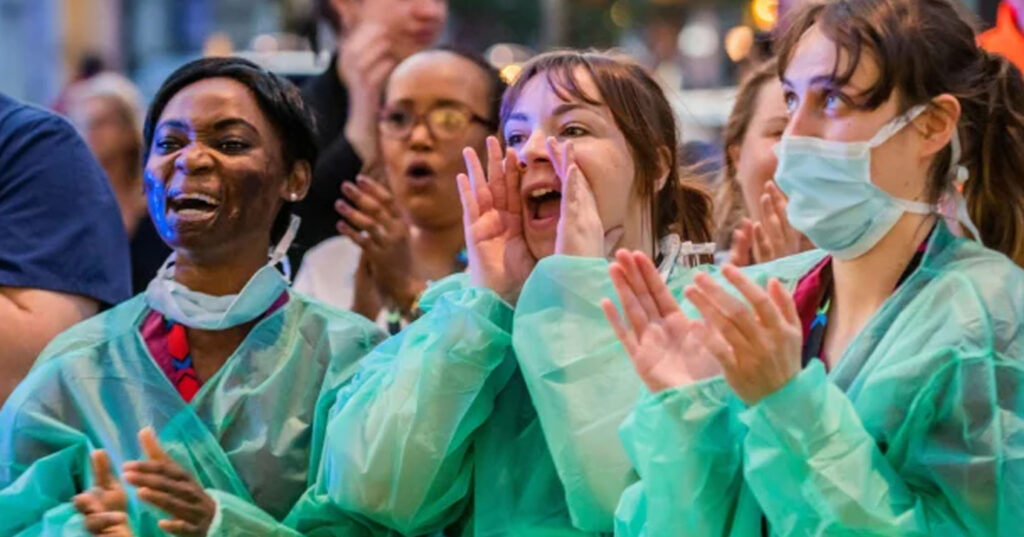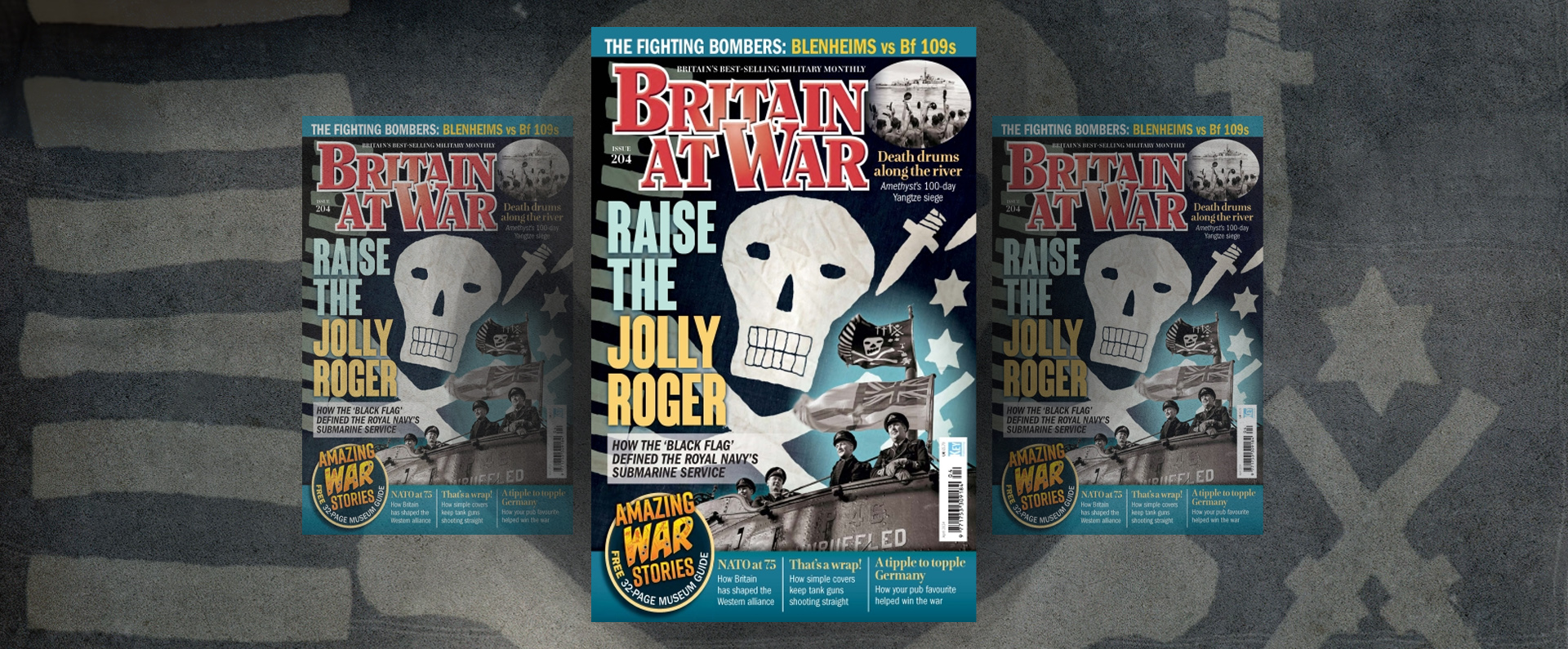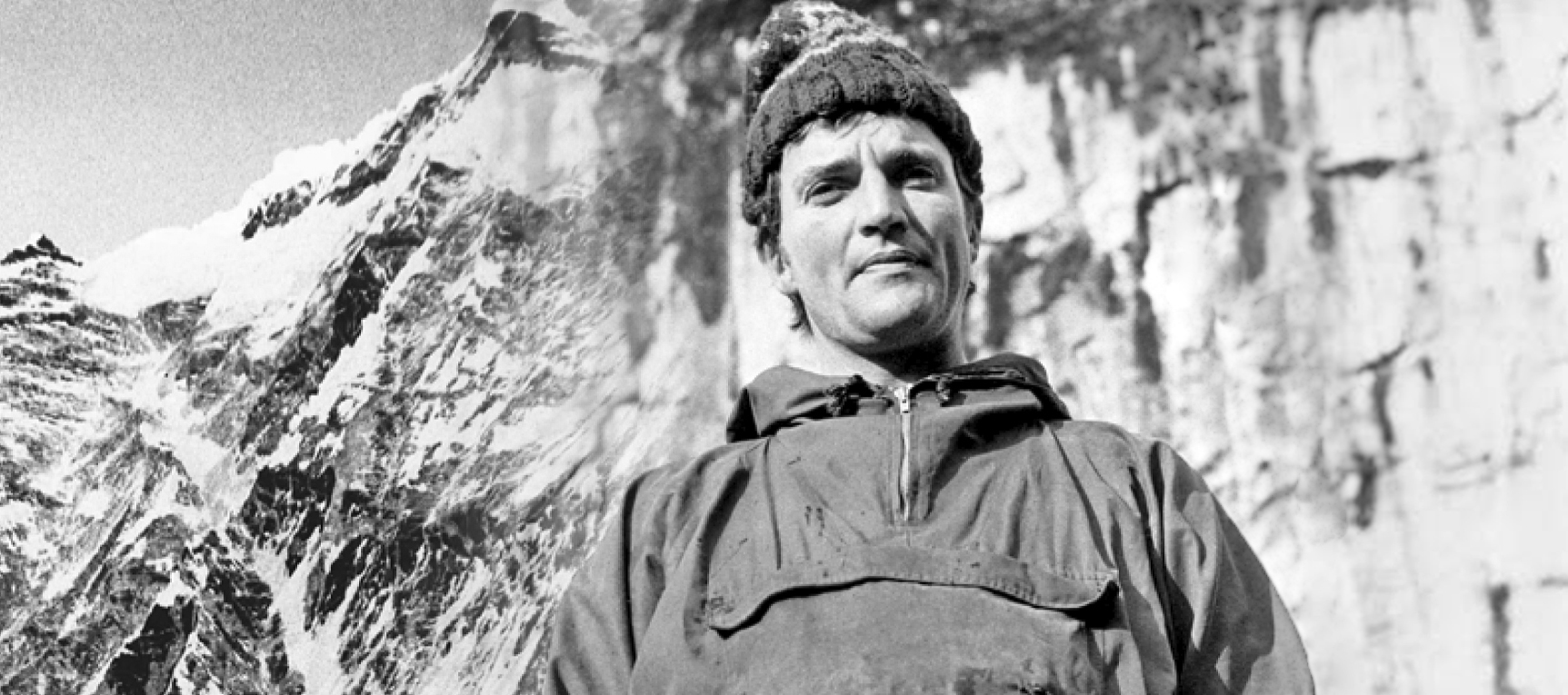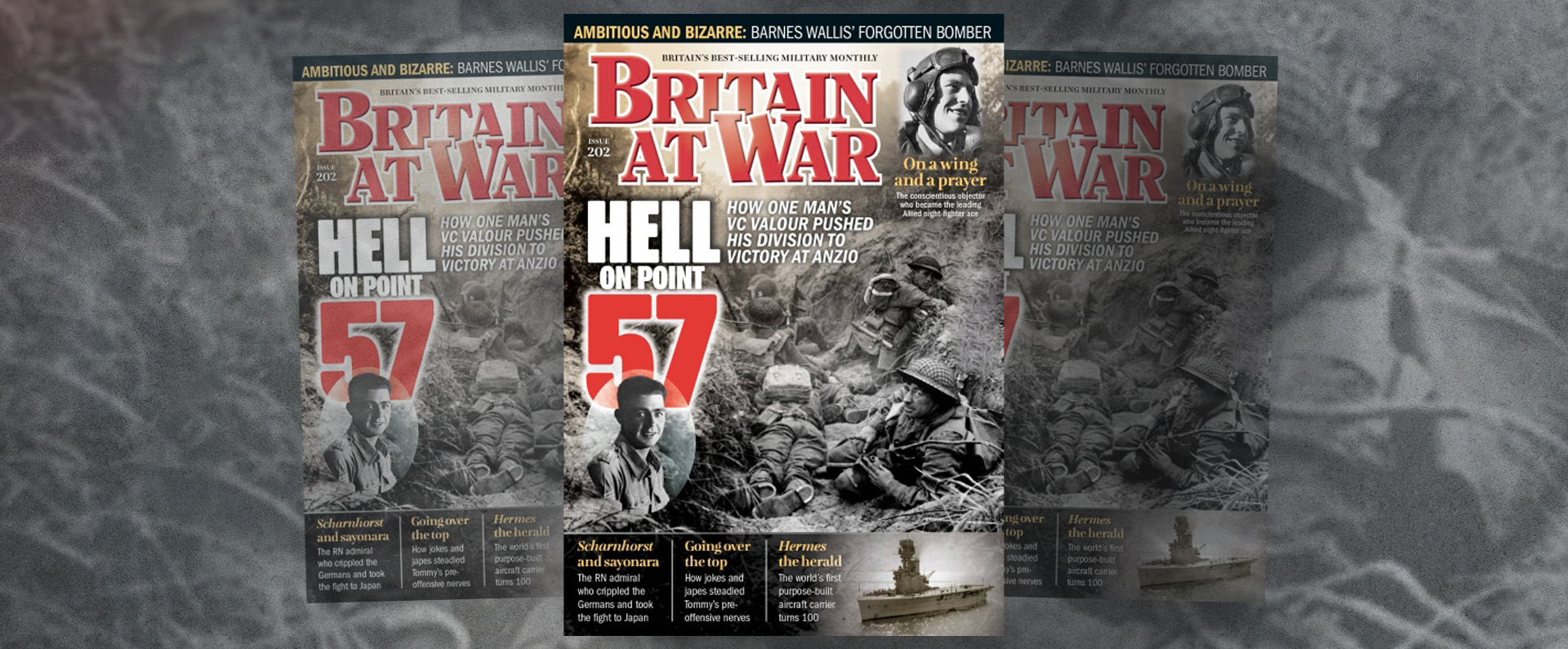
Published in The Sun on 16 April 2020.
National Health Service
The Island of Malta
HONOUR OUR HEROES: NHS heroes should be awarded the George Cross medal for gallantry – including those who made the ultimate sacrifice.
NHS workers’ priority today is to save lives — for the nation it is giving frontline staff the protection, equipment and support they need to do their jobs.
Once the crisis is under control, the Queen and Government must reflect on making a significant gesture of thanks towards the NHS.
Within days of winning his fight for life, Boris Johnson described our health service as “the country’s greatest national asset”, its “beating heart” and “powered by love”. My response was to write an open letter to the Prime Minister suggesting how the nation might show its huge gratitude when the time is right.
My belief is that, for only the third time in 80 years, our monarch should bestow a collective George Cross on the NHS.
Like any controversial proposal, my suggestion got a mixed response.
A former Labour councillor, who does not share my political views, emailed to say it was a “fantastic idea’’. A commentator said I was a “genius”.
Others said all that NHS staff wanted was a pay rise and protective masks — and that medals were “worthless”.
Let me explain my thinking. I am not saying that a medal — be it the collective GC or a newly-created award — is an alternative to looking after our NHS workers properly in terms of pay and equipment. It would be in addition to full-heartedly supporting and protecting them.
I have long had a passion for bravery, largely because of my late father’s involvement in the 1944 D-Day landings.
This has manifested itself in me championing our heroes (military and civilian), building the world’s largest collection of Victoria Crosses (which are on public display) and writing six books on courage.
One book is called George Cross Heroes and highlights the award of the decoration to more than 160 recipients since its creation by George VI in 1940.
The GC is the Commonwealth’s second ranking decoration for bravery after the VC.
It was created to acknowledge supreme bravery that — unlike the VC — did not take place in the heat of battle.
The decoration is awarded for “acts of the greatest heroism or of the most conspicuous courage in circumstances of great danger”.
In the Blitz, it was awarded primarily to bomb-disposal men, civilian and military.
It has since been awarded for a variety of reasons. However, it is always to recognise not just service but real courage.
By the time this crisis is over, scores of doctors, nurses and frontline workers will have given their lives to treat patients. Thousands more will have risked survival.
This involves genuine, raw bravery — what I like to call “cold courage” — because, rather than spur-of-the-moment gallantry, our frontline staff calmly assess the dangers but go into “battle” nonetheless.
I have met scores, if not hundreds, of gallantry medal recipients. Not one has considered their decoration worthless.
Each has taken immense pride that their monarch and country have recognised their bravery in a public and lasting way.
The first collective GC was made to Malta in 1942 following two years of bombing.
The second, and to date final, collective award went to the Royal Ulster Constabulary in 1999 for bravery in The Troubles.
I’m a regular visitor to Malta and have spoken to several former RUC officers.
They also take enormous pride in their collective award.
I can envisage a situation later this year when all those who have stepped up to the plate in a major way might also receive individual recognition for their service about the line of duty — but outside the traditional Honours’ List.
This could be a new award, perhaps called the Covid-19 Medal: similar to the Ebola Medal for humanitarian work in Africa from 2014-16.
This new medal might even have two levels: one for frontline staff who regularly display bravery and commitment in the face of the new threat that, in the words of the PM, is “a fight we never picked against an enemy we still don’t entirely understand”.
A second level might be for other key workers — the police, social workers, security staff, supermarket staff, cooks, drivers and cleaners who, through a sense of duty, have kept working despite the dangers.
When I wrote George Cross Heroes ten years ago, I chose for the cover a quotation from Thucydides, a general from the 5th century BC. It read: “The bravest are surely those who have the clearest vision of what is before them, glory and danger alike, and yet notwithstanding, go out to meet it.”
This quote sums up my admiration for the NHS staff and other key workers.
They are constantly involved in life-and-death struggles not just for virus patients but for their own survival. Yet they confront these dangers head-on.
It is for this reason that their incredible courage, not just their admirable devotion to their job, must eventually to be recognised in a lasting and appropriate way.
Read this article on TheSun.co.uk
For more information, visit:
LordAshcroftOnBravery.com


